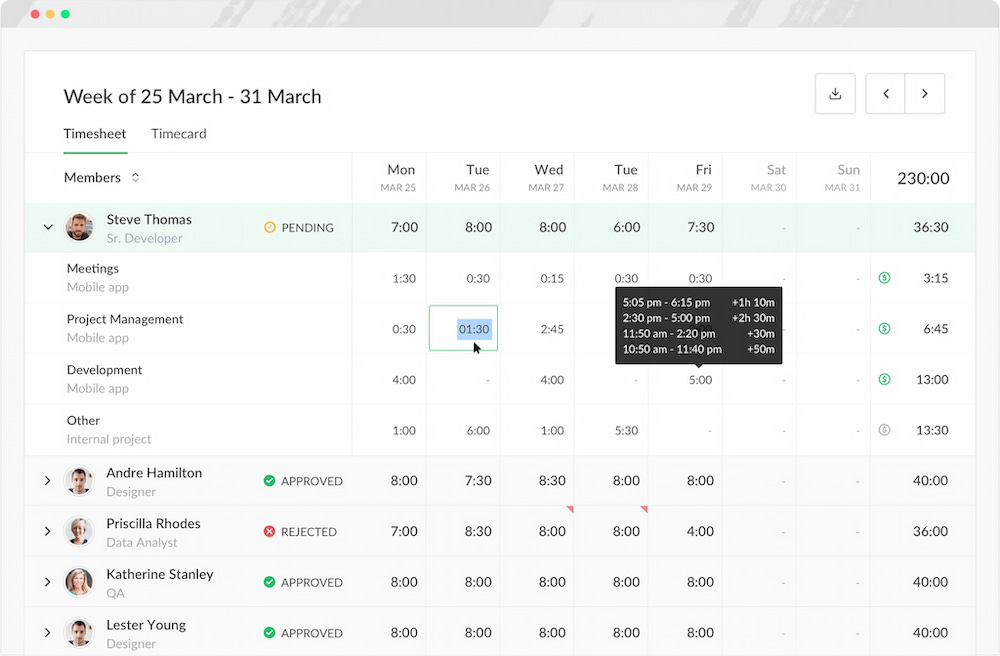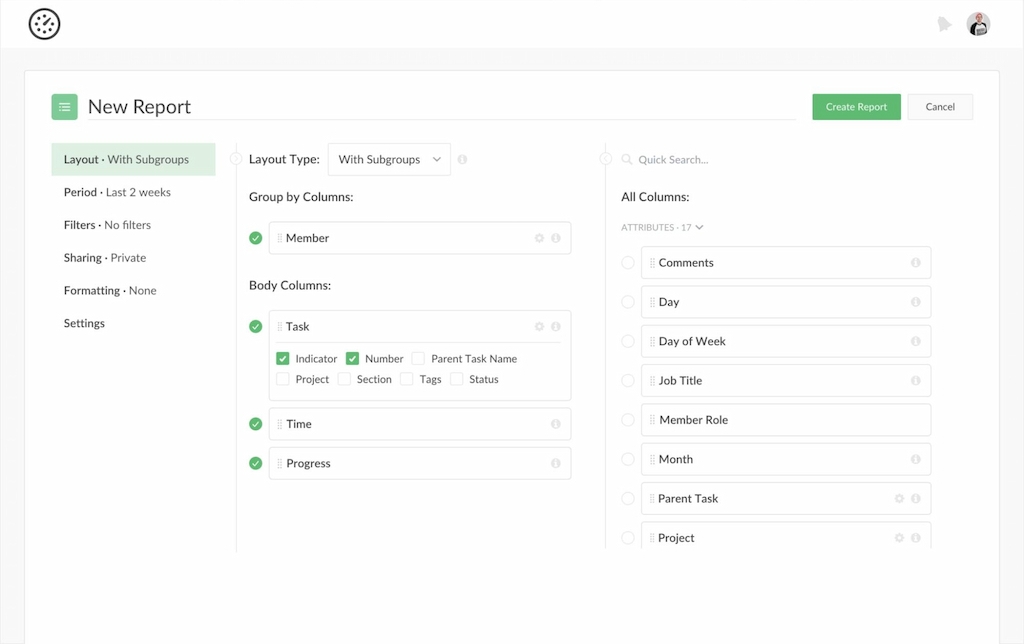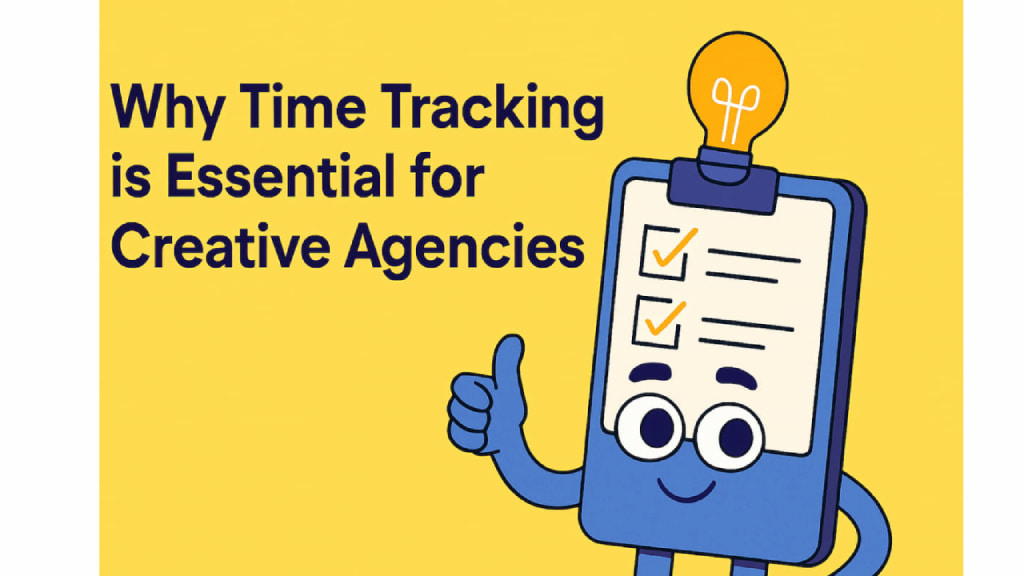The creative industries are booming. From graphic design and photography to digital advertising and web development, agencies are popping up everywhere. But with more competition than ever, it’s not just about being creative — it’s about running smarter. Enter: time tracking software for creative agencies.
Whether you’re managing designers, freelance copywriters, or remote developers, a time tracker helps creative teams stay profitable, focused, and on schedule. And no, it’s not about micromanaging. It’s about visibility.
Why Time Tracking Matters for Creative Agencies
Let’s face it — creative work isn’t as easy to quantify as shipping boxes or closing tickets. But when clients demand transparency and teams are scattered across time zones, time tracking software for designers and creatives becomes a game-changer.
Why Everhour Is the Top Pick
Everhour is the best agency time tracking software for studios and creative shops with teams of 5 to 50. It:
- Integrates seamlessly with Asana, Trello, ClickUp, and Jira
- Offers clean, customizable reports and invoicing
- Tracks time right inside your workflow tools
- Helps set budgets, monitor project progress, and keep scope creep in check
- Comes with fast, friendly support that actually helps

It’s simple, elegant, and doesn’t treat creative professionals like factory workers.
Remote Teams = Real-Time Tracking Must-Have
Remote work is here to stay. Whether you’re outsourcing a logo to a designer in Berlin or hiring a video editor from Manila, location shouldn’t be a barrier.
🌍 But distance makes real-time tracking essential.
- Know when work is happening — without pinging everyone
- See which freelancers are actually contributing
- Sync tracked hours with deadlines and deliverables
🚀 Time tracking gives agencies the confidence to scale with distributed teams — no micromanaging required.
Clients Demand Transparency
In the advertising and design world, clients want to know exactly what they’re paying for.
💡 That’s where time tracking + invoicing + expense reporting tools come in. They help you:
- Send polished, client-ready reports in seconds
- Justify budgets and hourly rates without awkward convos
- Avoid the dreaded “what did you actually do?” email
🧾 With Everhour, your reports can include:
- 🕒 Hours logged per task
- 💰 Total billable hours
- 📊 Expenses and budget summaries

No more scrambling through 4 spreadsheets or piecing it together at midnight.
Time Tracking + Project Management = Superpower
Your team already uses Trello, Asana, or ClickUp. So why switch tools just to log hours?
Everhour integrates directly into the tools you already use so you can:
- Track time inside the task view
- Set estimates and monitor scope
- Keep budgets visible and measurable
With project time tracking tools like this, you get instant visibility into which projects are on track, over budget, or burning out your team.
Profit Isn’t Just Revenue: The 80/20 Rule
80% of your profits come from 20% of your clients. The question is: do you know which 20%?
Time tracking with expense tracking shows you:
- Which clients are draining resources
- Which projects consistently go over time
- Where to double down for high-margin work
Stop guessing. Use your data.
Creative Focus Needs Creative Guardrails
Let’s be real — creatives aren’t big fans of admin work. But structure? They still need it to thrive.
🎯 A good time tracker for creative teams should:
- 🧠 Nudge people to stay focused
- 🕒 Help visualize workloads to avoid burnout
- 🚦 Encourage healthy pacing — without micromanaging
✨ Everhour does this without the creep factor. Just clean, helpful insights that respect your team’s flow.
Conclusion: Time Tracking = Agency Survival Kit
Creative agencies aren’t art galleries — they’re businesses. And thriving in this space means knowing where your time goes.
With Everhour, you can:
- 💰 Get paid for every hour worked
- 📊 Keep clients in the loop with clean reports
- 📈 Spot where you’re making (or losing) money
- 🎨 Support your team’s flow without micromanaging
This isn’t just about productivity. It’s how smart agencies stay profitable, transparent, and sane.
Check out our lists of great time tracking tools for consultants and contractors!

